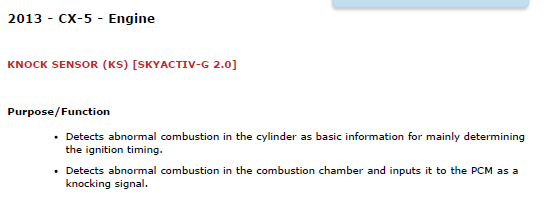...if there is carbon on the pistons causing increased compression ratio causing ping mitigated by higher octane fuel...is OP now making MORE power than OEM, due to higher CR's? One wonders...
no, it's causing the engine to knock, the knock sensor picks this up and tells engine management to retard the timing causing a decrease in power. Increased octane fuel might be bringing it back to near normal conditions, all just a theory. I'm not saying this is what's happening to the OP, just an offshoot discussion about possibilities. Other reasons for knocking could be low fuel pressure, higher than normal cylinder temps, really dry air, etc.

